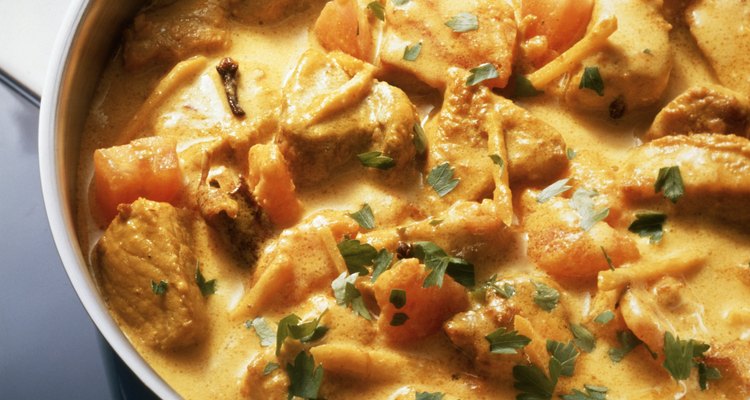
Cook coconut milk on a high heat and you may notice the creamy juice turn into thin, watery liquid mixed with white lumps. This is a form of curdling. In most cases you can avoid curdling through gentler cooking and stirring. When stored at normal room temperatures -- even in hot climates -- coconut milk shouldn't curdle, unless you leave it out for a long period.
Causes of Curdles
Though more often associated with dairy products, curdling can happen to any mixture where solids -- such as fat and protein -- are suspended in liquid. Curdling is essential in cheese production, as it helps separate the fat from the liquid. Coconut milk contains proteins and oils which can curdle the liquid. When cooking curries or desserts with coconut milk, you usually want a smooth consistency. Lumpy bits tend to ruin the texture and taste.
High Heat Curdles Quicker
Low heat and regular stirring help prevent a curdled curry. At high heats, the oils and proteins separate from the liquid and start to clump together. So, instead of boiling coconut milk, slowly bring it to a gentle simmer. Stirring throughout the cooking time also stops the fats and proteins from binding. Of course, it's worth remembering that some Thai curries work best with vigorously boiled coconut milk, but for most curries, curdled is not clever.
De-Curdling a Coconut Curdle
Should your coconut milk curdle, don't panic -- all is not lost. The curdled liquid can slowly be returned to a less lumpy and separated state. Reduce the heat, or turn it off altogether. Slowly and gently stir the mixture. After some time, depending on how badly curdled the milk is, the clumps will separate and blend back into the liquid. Though this may not be as smooth as cold coconut milk, it should be fine for most uses.
Tips for Creamier Coconut Milk
There are other ways to prevent or avoid coconut milk curdling in heat. For example, the specialist Indian food website Tarladala.com suggests mixing a little cornstarch into the coconut milk when cooking to prevent curdling. This thickens the liquid. Covering a cooking pot also increases the chance of curdling, as does freezing and reheating coconut milk -- so avoid both of these if you want smoother coconut milk.
Related Articles
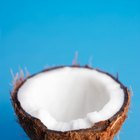
How to Cook Nigerian Coconut Rice
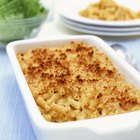
Why Does a Sauce Curdle?

Corn Starch Vs. Baking Powder in Cooking

How to Keep Coconut Milk From Curdling ...
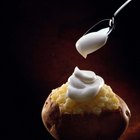
What Can Be Used as a Substitute for ...

How to Get Half & Half to Thicken

Can I Use Almond Milk for Alfredo Pasta ...
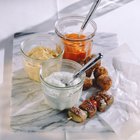
Cooking Yogurt Without Curdling It

Corn Starch Vs. Rice Flour As ...
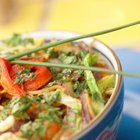
Chicken Stir-Fry With Coconut Milk
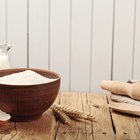
The Nutrition in Coconut Powder
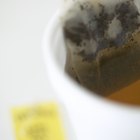
What Makes Homemade Chai Curdle?
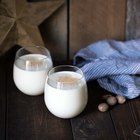
How to Make Classic Eggnog (with ...

What Happens When You Heat Up Greek ...

How to Make Grapefruit Seed Extract

Does Shredded Coconut Go Bad?

What Can I Use to Thicken a Cream Sauce?
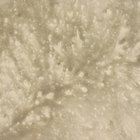
Uses for Curdled Milk
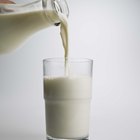
Whole Milk Vs. Lactaid Milk

How to Cook Golden Rose Rice
References
Writer Bio
Based near London, U.K., Peter Mitchell has been a journalist and copywriter for over eight years. Credits include stories for "The Guardian" and the BBC. Mitchell is an experienced player and coach for basketball and soccer teams, and has written articles on nutrition, health and fitness. He has a First Class Bachelor of Arts (Hons.) from Bristol University.
Photo Credits
Eising/Photodisc/Getty Images